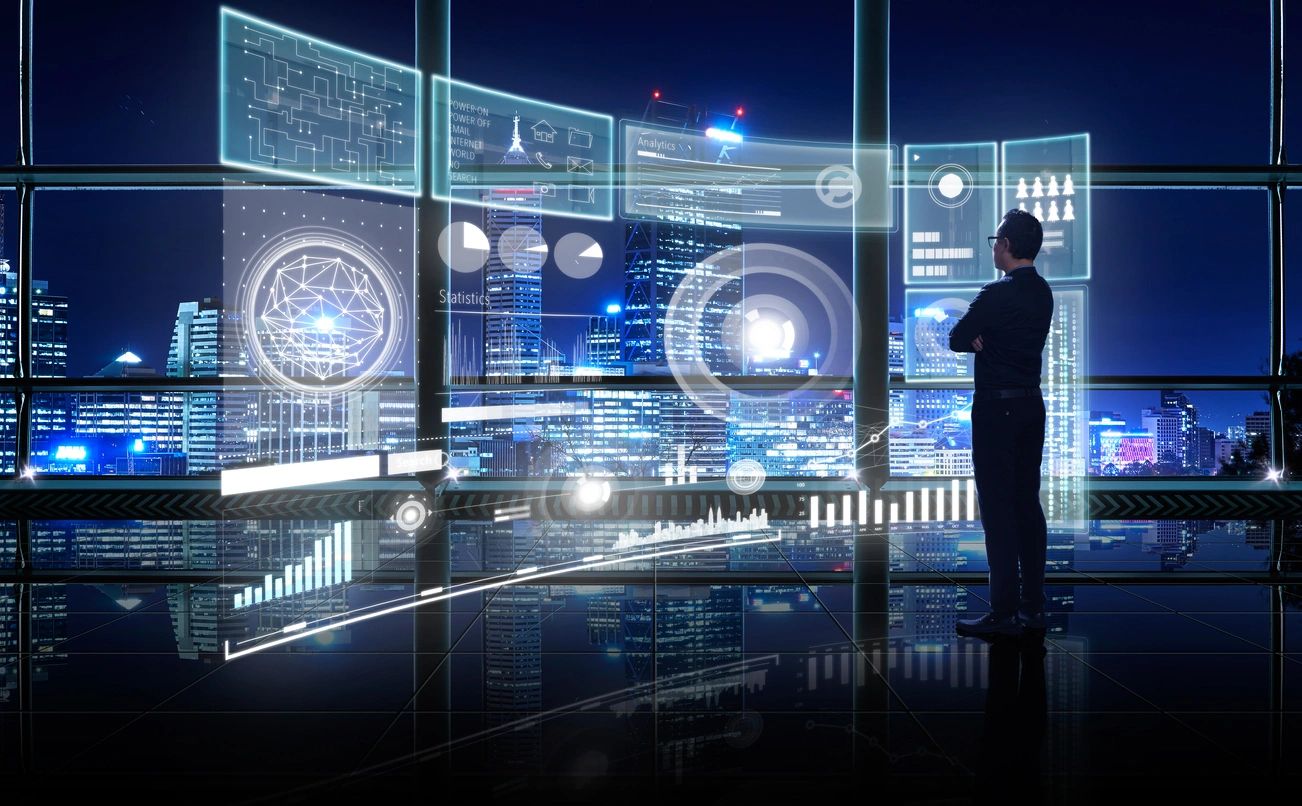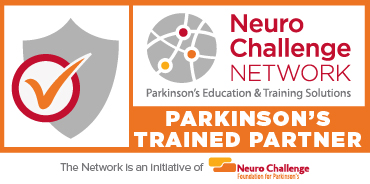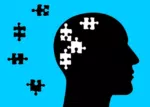Have you ever asked yourself if we have become spoiled by having the ability to get all we need by the act of pressing a button or two? We can speak to our car, TV, or smart home setup and within a second a task is put into motion. Artificial intelligence is here to stay, and we are now on the cutting edge of this advanced technology.
Here’s a cute little anecdote for the seniors among us that just may put the idea of living with 21st Century technology into a more comfortable perspective:
A college student at a football game challenged a senior citizen sitting next to him, saying it was impossible for their generation to understand his.
“You grew up in a different world,” the student said loud enough for the whole crowd to hear.
“Today we can tune into TV to watch shows from all over the world. There are jet planes, space travel, man has walked on the moon, our spaceships have visited Mars, we even have nuclear energy, self-driving electric and hydrogen cars, computers with light-speed processing and . . . uh . . . .”
Taking advantage of a pause in the student’s litany, the geezer said, “You’re right. We didn’t have those things when we were young, so we invented them, you little twit! What are you doing for the next generation?”
Well, we could expound upon that conversation for quite a while. We cannot avoid the fact that modern technology is inventing a whole new lifestyle for everyone. So much so that our parents (and most of us) would be left in the dark in utter astonishment.
A basic definition of AI is “software used by computers to mimic aspects of human intelligence.”
I recently spoke with a young college computer student who is writing programs for AIs to remotely monitor patients’ blood pressure. It involves sophisticated writing skills that cover multiple variables related to the complicated functions of our heart! The program is written to give the AI built-in parameters enabling it to continually learn more about its “mission,” building upon its abilities as it works. In other words, AI, once programmed, can make decisions, and improve upon its decisions, without checking in with humans.
Scientists have used AI in medical research since the 1970s. The technology can analyze large amounts of data to provide personalized treatment recommendations and identify patterns and risks that might not be immediately apparent to a human. In the right hands, AI will revolutionize medical care.
If you use a health app online or wear a “smart” device, your fitness tracker may be keeping track of every step you take and transmitting that information to a company that bundles and sells it.
If you check the local weather on a smartphone, chances are you have turned on your phone’s location tracking. Did you know that the app tracks everywhere you go and how much time you spend there and can infer from those data what religion you practice, and even your age?
My young college friend and I came to a discomforting end to our conversation about AI when we started discussing ethics. He comes from a solid, well-rounded family filled with love and concern for each other. I trust this young man to want to do what is right. Today’s social system, however, is quite questionable at best. AI’s judgment is based on the data it’s fed. Because AI learning can teach itself, some of what’s happening inside this machine remains mysterious, even to AI’s creators.
If my life is precious and worthy enough to receive the best possible care available, would I want to place the ultimate decisions regarding my life with the circuits of a machine programmed by who knows who?
Just asking . . . .
Lani Kelly is a research writer for Youthful Aging Home Care








